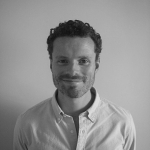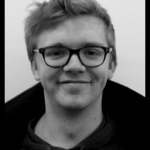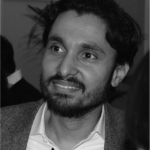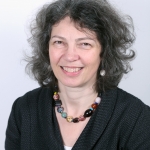Q&A with Bonnie Stewart
NetworkED seminar series 2016 kick starts next Wednesday (20 January) with Bonnie Stewart. The session will be streamed live and can be seen by clicking here.
Ahead of the session we asked Bonnie a few questions:
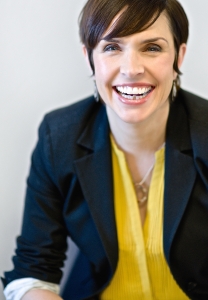
Tickets for this seminar can be found on Eventbrite.
Your work focuses on scholarly identities – can you tell us more about how academics use Twitter and how it might enhance their professional identity?
Like any aspect of identity it’s complex. The promotional narrative of “use social media! It’ll increase your circulation!” has some truth to it, but tends to miss the point or the value that longterm embedded users express…which is that Twitter enables and enriches their engagement and experience as scholars. The boost in audience is a bonus benefit rather than the core.
I think of identity in performative, fluid terms – as the aspects of self that make one recognizable to oneself, but also to others. We are part of a society and an academy where the personal/professional divide is blurring; where employment has become precarious and our roles and titles seldom serve any longer – if they ever did – as sufficient calling cards for who we are. Thus individual, personal means of signalling identity have become increasingly important…but also increasingly pervasive, with the rise of digital and especially social media.
So academics can use Twitter to present aspects of self that are varied and personal and playful as well as strictly professional, which can help build ties with others and expands networks. And even in a professional vein, the absence of gatekeeping around who gets to contribute to Twitter conversations can enable junior scholars and graduate students and thinkers who may not have much institutional status to become known for their ideas or their identity performance rather than their h-index or their institutional prestige. It’s an alternate door to professional identity, in a sense, with some very real implications for academia as a result.
Your most recent study uses ethnographic techniques, can you say more about why you think they are valuable in this context?
Ethnography looks at the meanings made by individuals in a given context, and analyses the relationships between that context and those meanings. It allows us to grapple with the culture and flavour of a particular moment, and understand how it’s experienced by the people who belong to it. Narratives and meaning-making are particularly useful, I think, for helping us understand experiences of inequality and marginalization, which aren’t always made visible with other methods. And in a world as hyped on data as ours currently is, it’s important that there be research that engages with the deep meanings constructed and enacted by small populations, as well as the big pictures that scale enables us to construct.
How do you encourage members of faculty who are very sceptical over the value of twitter that it is useful for academics?
First, I’d never tell someone they *should* use Twitter. I think it is entirely viable to have a robust academic life and career without Twitter. That said, I think the questions of audience and public engagement that the incursion of a space like Twitter open up for academia are important. So my approach is to explore *how* Twitter opens those up.
I think the primary value of a space like Twitter is that it is a) a relatively open network socially, allowing and encouraging people to engage with people they don’t already know, and b) lots of academics and educators use it. It’s that simple, really – it’s not so much any particular affordance of Twitter as that people are there and there are particular, if shifting, social norms that operate. So being on Twitter in a regular, present kind of way expands your access and your visibility to colleagues interested in the very same questions and ideas that you’re interested in, even if you’re located halfway across the world from each other. Without having to pay for a conference, or travel. And that once you find and curate and get involved in whatever “The Conversation” is for your field or area of interest, being present on Twitter offers ambient benefits, like relevant research literally floating across your feed, from known and trusted sources. It isn’t really a new model for academic engagement – it offers many of the same types of access and benefit that associations and conferences do, but 24/7, without the gatekeeping and cost. It’s immersive professional development.
Can you say something about why you consider Twitter to be a fraught space for open scholars?
Because Twitter operates as a relatively open network, as mentioned, it makes participants’ communications visible to people they may not already know. This is at the root of many of the benefits of Twitter for academics…new audiences, new contacts, new perspectives and resources…but it’s also at the root of new vulnerabilities. Two factors combine to create risk in this kind of open public space – first, the overarching phenomenon of callout culture, which can be wielded to challenge or protect particular orthodoxies, and second, the collapse of oral and literate cultural habits and audience expectations.
Twitter, from its inception, has operated primarily as an oral social sphere, but one in which the artifacts of that sociality are still persistent, replicable, searchable, and scalable, like all social media. Those artifacts can be searched, screen-captured, and spread to audiences for whom they weren’t intended, including media…so public speech – even if intended to be casual, social, and ephemeral – has complex consequences and can be fraught for participants.

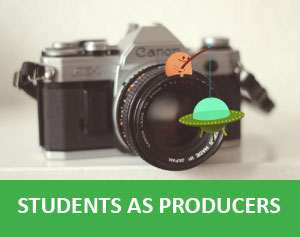

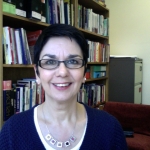
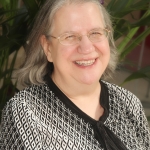
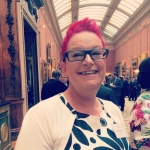
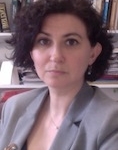
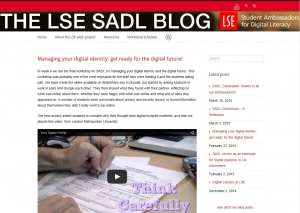
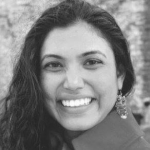
 Arseni Gladkov
Arseni Gladkov